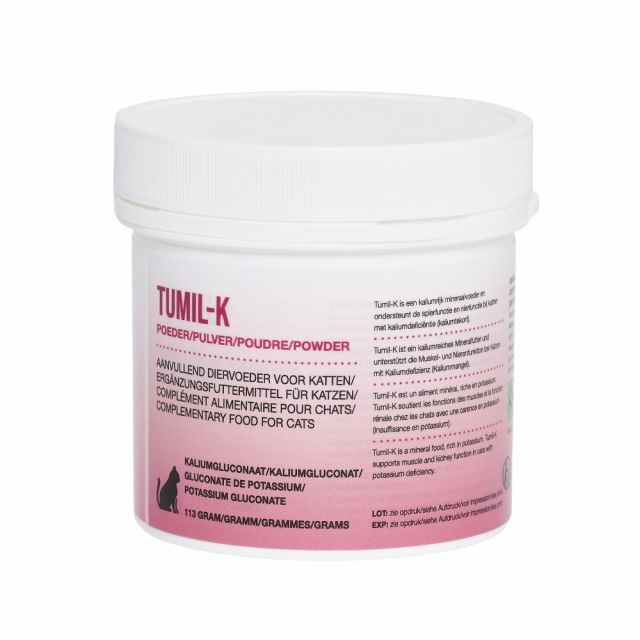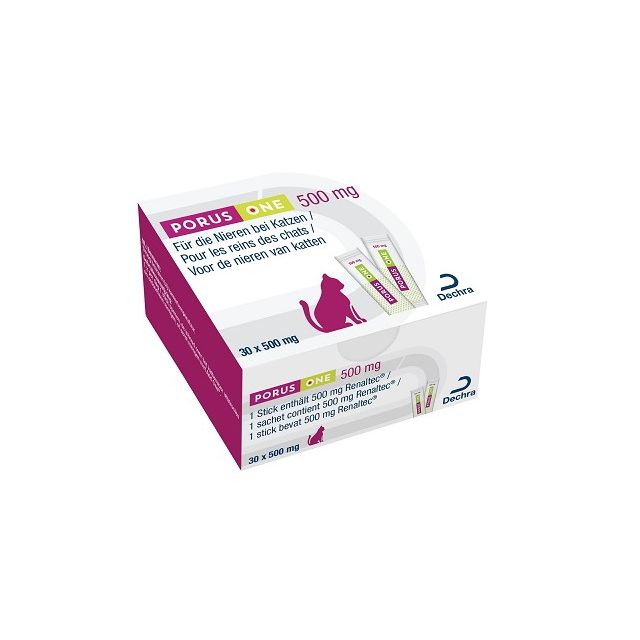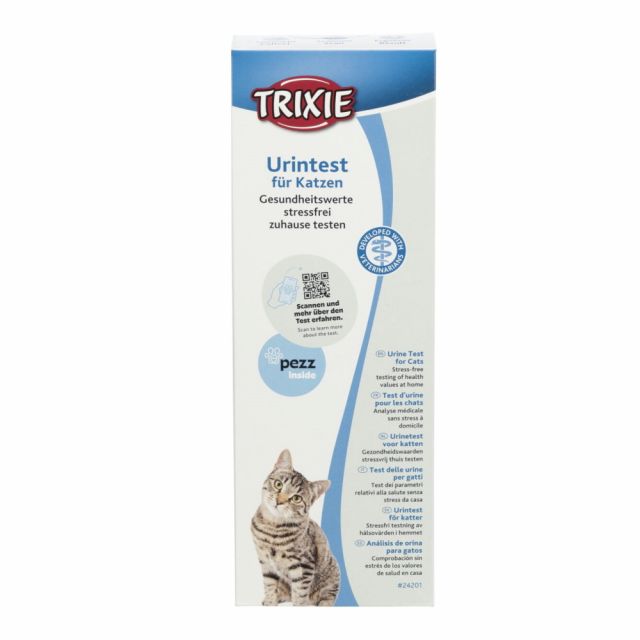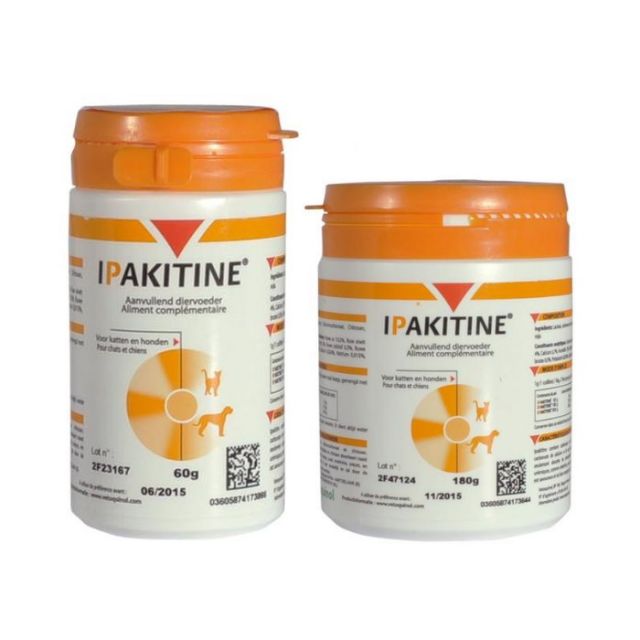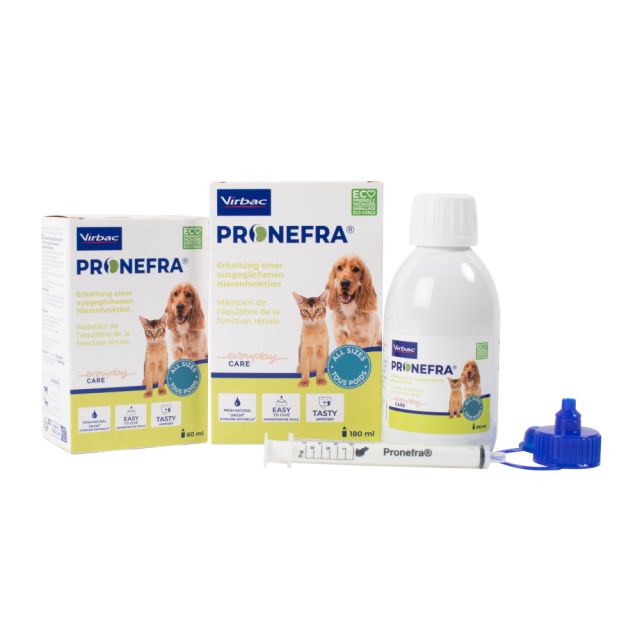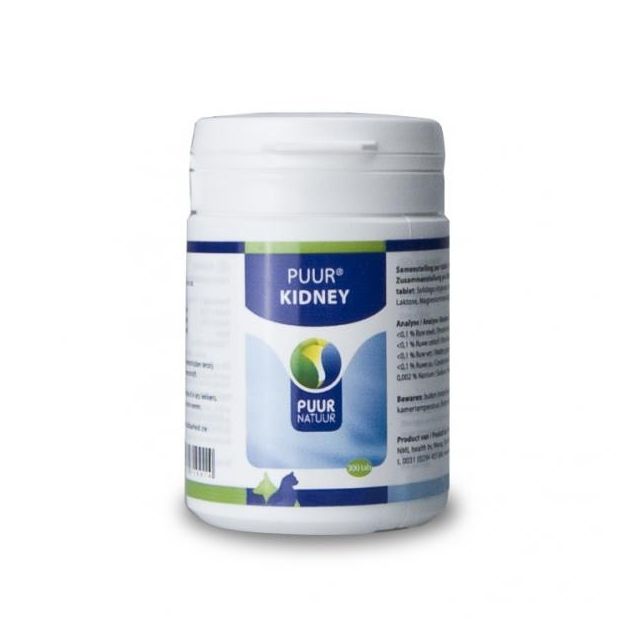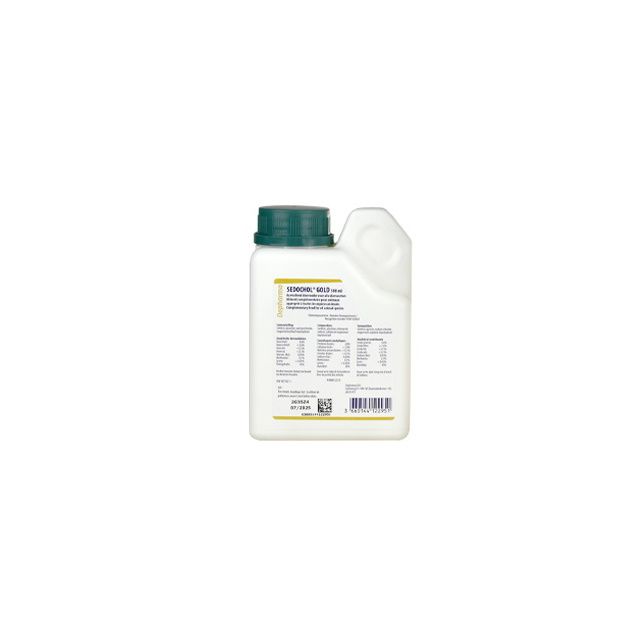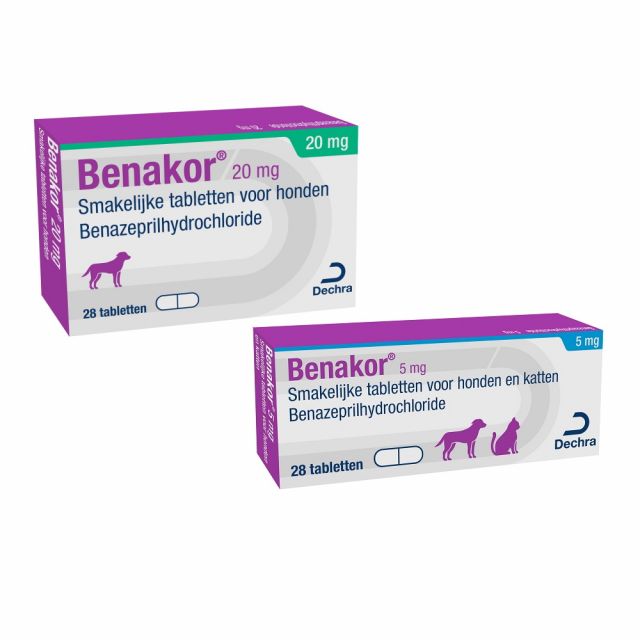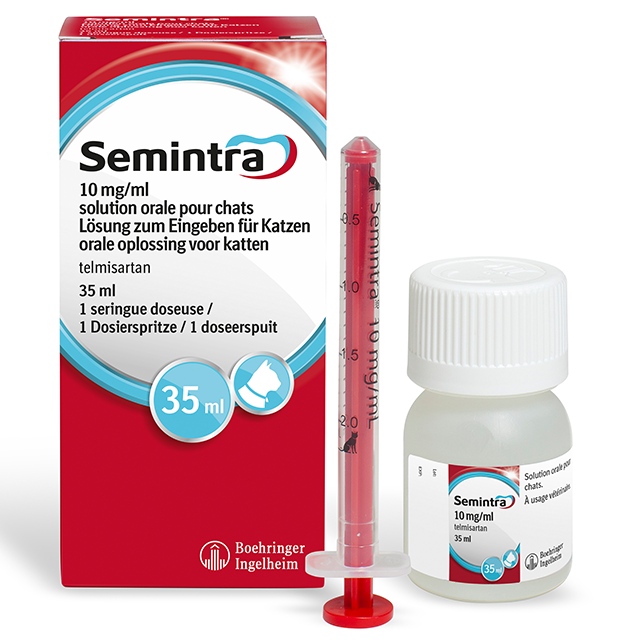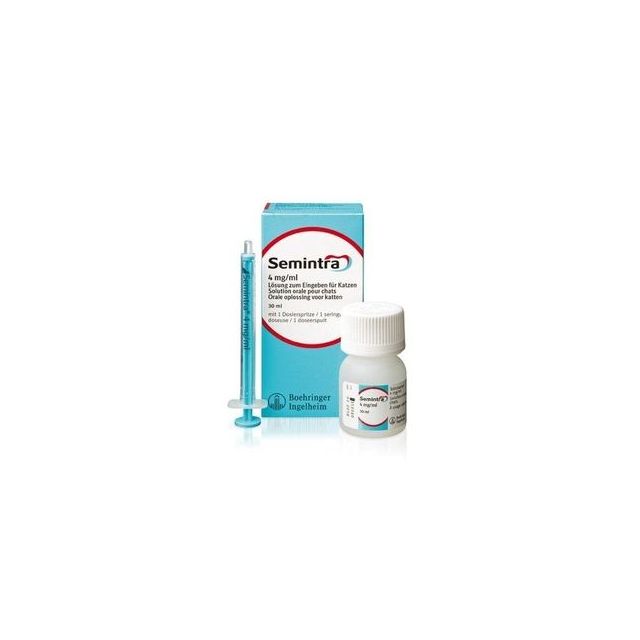Kidney failure in cats
Because cats are getting older, certain age-related ailments are much more common than decades ago. For instance, more than a third of older cats develop chronic kidney disease (CKD), usually due to normal wear and tear. However, kidney failure can also occur acutely, for example, due to intoxication or a neglected bladder infection.
Reason enough to do everything possible to support the kidneys of your beloved pet as best as possible. Pharmacy4pets is happy to help you keep your cat's kidneys in the best possible condition.
The cat's kidneys
The kidneys are among the most important organs in the body. They are crucial for maintaining proper fluid balance and filtering the blood.
Kidney problems in cats
Chronic kidney disease mainly affects older cats: in fact, more than thirty percent of cats over 15 years old. However, it can occur at any age. There are also known congenital or hereditary kidney diseases in cats. A fairly well-known hereditary condition is polycystic kidney disease. This unpleasant disease occurs more frequently in certain breeds, including the Persian cat. Kidney disease can be both acute and chronic.
Acute kidney failure in cats
Sometimes something goes wrong acutely with the blood flow to the kidneys. This can occur, for example, due to ingestion of certain toxic substances. Lilies, grapes, antifreeze, and an overdose of painkillers are well-known causes of acute kidney damage. Even by accidentally knocking over a vase of lilies and some pollen falling on the cat, which is then licked off, problems can arise.
A bladder infection can also cause kidney failure. A bladder infection usually occurs when a bacterium from the bladder creeps up, if there is a bacterial bladder infection that is not recognized and treated in time. In rare cases, kidney or ureter stones occur.
If intervention is timely, acute kidney failure can be reversible. If there is already too much damage or treatment is delayed, the cat may die, or the kidney disease becomes chronic.
Chronic kidney disease in cats
In chronic kidney disease, the kidneys shrink and the 'filter factories' in the kidney break down, causing the kidney to no longer concentrate urine and the cat to drink and urinate excessively. The filtering function is also lost. As a result, the cat loses many valuable nutrients such as proteins and certain salts (e.g., potassium). Many cats with CKD become very thin. Because waste products (such as urea and phosphate) are also not removed anymore, cats with kidney disease are often very nauseous.
Symptoms of kidney problems in cats
It is very important to be alert to the symptoms of kidney disease in cats because a large part of kidney function is often already lost by the time the disease is detected. The main symptoms are:
- Weight loss, often accompanied by poor muscle tone.
- Reduced appetite.
- Larger than normal urination (the litter box gets dirty faster and you see larger clumps of wet cat litter).
- Drinking and urinating a lot or not producing urine at all (the latter is an emergency!).
- Vomiting.
- Poor coat grooming.
- Lethargy or weakness.
- General illness.
- Smacking, producing a lot of saliva.
- Holding the head and neck down.
- For a bladder infection: more frequent visits to the litter box, difficulty urinating, urinating in the house, blood or pus in the urine, foul-smelling urine.
Diagnosis of kidney failure in cats
If kidney disease is suspected, blood and urine tests will be conducted. Blood tests will examine urea and creatinine levels. These kidney values often only rise when 75% of kidney function is already lost. The SDMA value often rises earlier and is therefore often checked. Additionally, in assessing the severity of kidney disease, the protein level, red blood cell count (hematocrit), and certain salts (such as potassium and phosphate) are important to measure. Blood tests are often repeated to monitor the progression of the disease or the effect of treatment. Your cat's urine will be checked for concentration, the presence of protein, and signs of bacterial infection. To be well-prepared, you can collect urine at home. With special cat litter that does not absorb moisture, this is very easy!
In cats with CKD, high blood pressure often occurs. So it may be advisable to measure your cat's blood pressure. Additionally, sometimes an abdominal ultrasound is performed to visualize the kidneys.
Treatment of Kidney Failure in Cats
Treating Acute Kidney Failure
In cases of acute kidney failure or cats with chronic kidney disease that have acutely worsened, an intensive infusion therapy is often recommended. The cat is admitted and receives fluid through an IV for several days. In less severe cases, fluid may sometimes be administered subcutaneously, under the skin.
Addressing the cause is also important in cases of acute kidney failure: antibiotics for kidney infections and discontinuing medication that could further damage the kidneys.
Additionally, treatment is symptomatic: medication for nausea, appetite-stimulating medication, tube feeding, and extra potassium (Tumil-K) are examples of supportive therapy.
Treatment for Chronic Kidney Disease
Unfortunately, chronic kidney disease cannot be cured. However, the quality of life and lifespan can be significantly improved by providing a special diet such as Sanimed Renal. This diet minimizes kidney stress by containing adjusted levels of highly digestible proteins (the waste product of proteins, urea, is not efficiently excreted by diseased kidneys and accumulates in the blood), greatly reduced levels of phosphate and salt, adjusted potassium levels, and high levels of anti-inflammatory fatty acids and antioxidants. Additionally, the food is very palatable and has a very high energy content.
Since cats with CKD cannot concentrate their urine well, they need to drink a lot. Therefore, always ensure an adequate supply of drinking water and intervene if your cat eats or drinks poorly: cats with CKD deteriorate very quickly if they do not eat and/or drink enough!
Dietary Support for Kidney Failure
Sometimes, a special diet alone is not sufficient to adequately reduce the phosphate level in the blood. In such cases, a phosphate-binding dietary supplement such as Ipakitine or Pronefra can be added to the food. If a cat is losing protein through urine, this can be reduced with medication. Blood pressure-lowering medication may also be used. Additionally, supportive medication such as anti-nausea medication, appetite-stimulating medication, and extra potassium are often employed. If you want to support your cat's kidneys naturally, you can use Puur Kidney.
It is important to recognize the symptoms of kidney disease early. Fortunately, acute kidney failure is often treatable. Chronic kidney disease, unfortunately, cannot be cured, but with timely support through dietary management (the main pillar in managing chronic kidney disease!), supplements, and sometimes medication, cats can often still lead happy lives for quite some time. If you have any questions about our products or about kidney failure in cats, please contact us.

